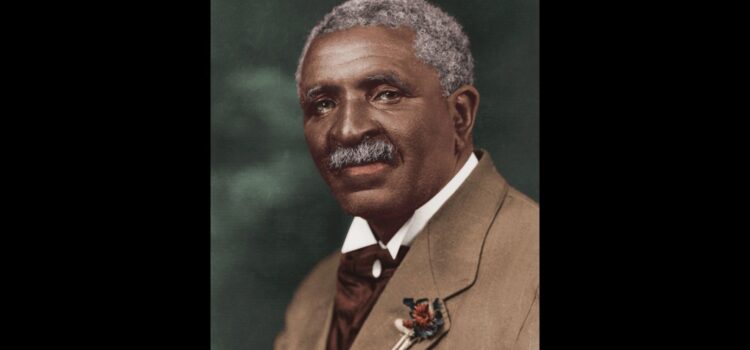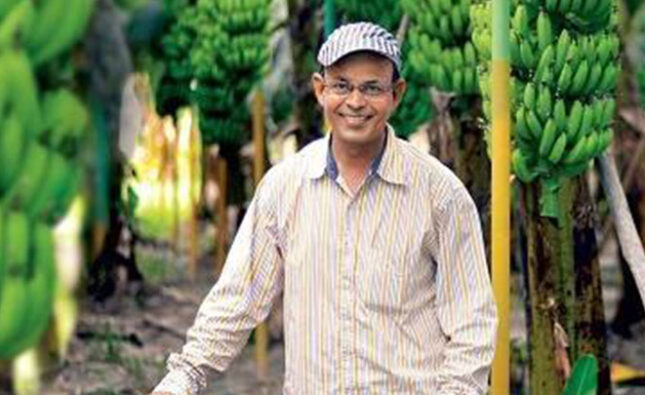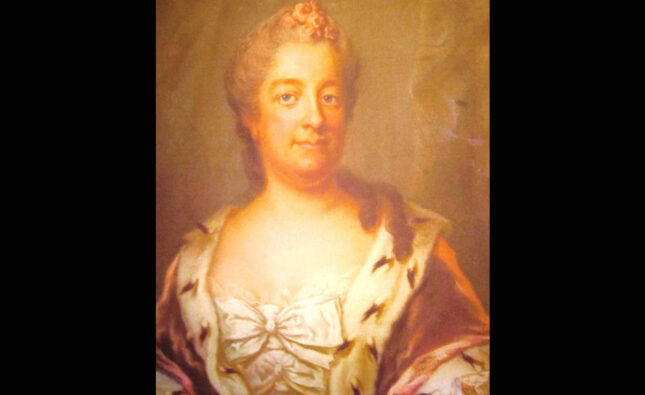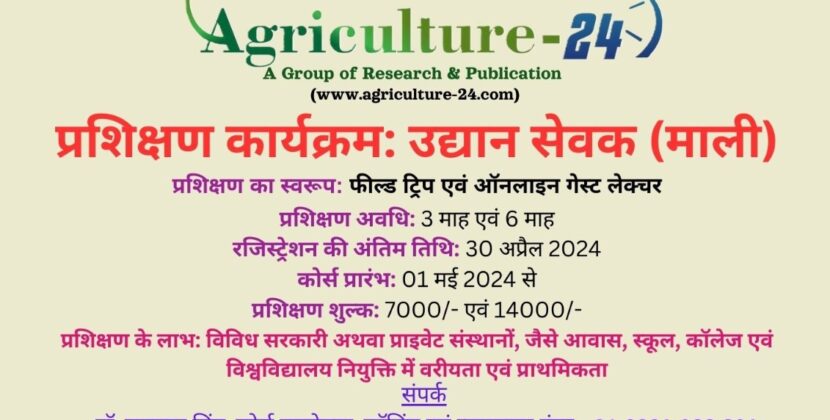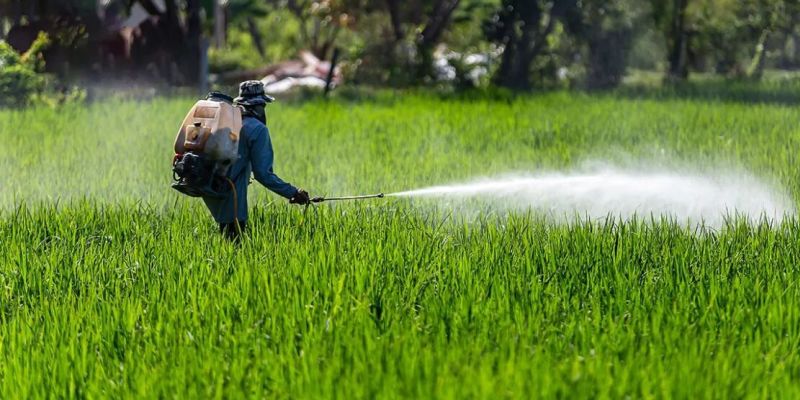George Washington Carver was an American agricultural scientist, botanist, inventor, and educator. He was born into slavery on a farm in Diamond, Missouri, around 1864 (the exact date is unknown), and he died on January 5, 1943. Carver’s exact birthdate and parentage are unclear as records were not well maintained for enslaved individuals at that time. Carver’s passion for education and scientific exploration was evident from an early age. After the abolition of slavery, he pursued his education against significant odds. Carver attended various schools in Missouri before being accepted into Simpson College in Iowa, where he studied art and music.
However, his keen interest in plants and agriculture eventually led him to transfer to Iowa State Agricultural College (now Iowa State University) to study botany and horticulture. Carver excelled in his studies and became the first African American student at Iowa State. He completed his bachelor’s degree in 1894 and went on to earn a master’s degree in agriculture. Carver’s exceptional research abilities and dedication caught the attention of Booker T. Washington, a prominent educator and the founder of the Tuskegee Institute (now Tuskegee University) in Alabama.
In 1896, Carver accepted an invitation to join the faculty at the Tuskegee Institute as the head of the agricultural department. He stayed there for the rest of his career, devoting his life to researching and promoting sustainable farming methods, crop diversification, and agricultural education for African American farmers. Carver is best known for his groundbreaking work with peanuts and sweet potatoes. He conducted extensive research on these crops, discovering numerous innovative uses and applications for them. Carver’s studies resulted in the development of new products such as peanut oil, peanut butter, and more than 300 uses for peanuts, including dyes, plastics, and cosmetics. His work with sweet potatoes led to advancements in the production of starches, flours, and other products.
Aside from his scientific contributions, Carver was a passionate advocate for sustainable agriculture and environmental conservation. He promoted crop rotation and the use of nitrogen-fixing plants to restore soil fertility, especially in areas affected by cotton cultivation. Carver traveled extensively, giving lectures and demonstrations to share his knowledge and encourage farmers to adopt sustainable practices. Throughout his career, Carver received numerous accolades and honors. He became a trusted advisor to presidents, including Theodore Roosevelt and Franklin D. Roosevelt, who sought his expertise on agricultural matters. Carver’s work had a profound impact on the American agricultural industry, particularly in the South, where he helped to diversify crops and improve the economic livelihoods of farmers.
George Washington Carver’s legacy extends beyond his scientific achievements. He was an influential figure in the fight against racial discrimination and a symbol of perseverance and resilience. Despite facing racial prejudice and adversity, Carver dedicated his life to education, research, and improving the lives of others through sustainable agriculture.
Carver’s work continues to inspire scientists, educators, and individuals around the world. His contributions to agricultural science, botany, and innovation remain a testament to the power of curiosity, determination, and the pursuit of knowledge.

